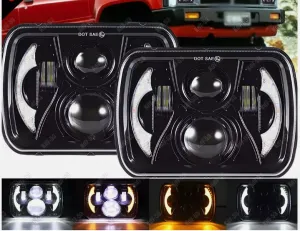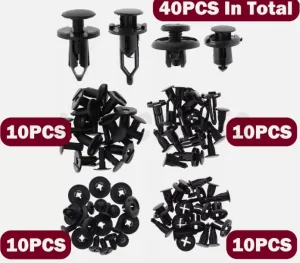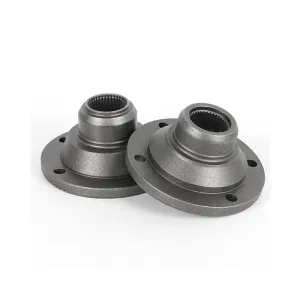Hebei Jinlitong Auto Parts Co., Ltd
Retailer
CN Supplier
17 YRS
Main Products:
Production of starters, generators, engines, cages and related equipment accessories for mini vehicles, cars, agricultural vehicles and diesel vehicles; and import and export business of self-operated products
Established:
2008-10-24
Company Size:
Miniature
Zhongqi Huizhong Auto Parts Co., LTD
Retailer
CN Supplier
8 YRS
Main Products:
Auto parts and accessories manufacturing; Production and sales of engine parts, automotive supplies and automotive lubricants,Car modification; Automotive technology development
Established:
2017-09-26
Company Size:
大型
Tianjin Xinqiangxin Auto Parts Co Ltd
Retailer
CN Supplier
12 YRS
Main Products:
Original equipment such as complete vehicle accessories, engineering machinery, generator sets, etc. for heavy trucks like Sinotruk, Shaanxi Automobile, FAW, Dongfeng, etc.
Established:
2013-01-01
Company Size:
10
Tianjin Hailei Auto Parts Co.,Ltd.
Manufacturer/Factory
CN Supplier
9 YRS
Main Products:
overrunning alternator pulley
alternator pulley bearing
Established:
2016-04-20
Company Size:
30 pepole
TDD (QINGDAO ) CROSS-BORDER E-COMMERCE CO.,LTD.
Retailer
CN Supplier
2 YRS
Main Products:
Auto parts、Rubber tyre、Finished car
Established:
2023-01-01
Company Size:
10000
QUANZHOU JUNHUA MACHINERY CO.,LTD
Manufacturer/Factory
CN Supplier
7 YRS
Main Products:
excavator and bulldozer undercarriage part(track roller,carrier roller,idler,sprocket/segment,track link)
Established:
2018-05-22
Company Size:
5000 square meters
undercarriage part for Catpillar D8N D8R track roller single flange 7T9188 246-0775
spare parts undercarriage parts track roller double flange D8N D8R D8L D8T
undercarriage part for Catpillar D8N D8R track roller single flange 7T9188 246-0775
track roller double flange undercarriage part D8R D8N D8T D8L 9W8705 196-9947
Yiwei New Energy Technology(Chengdu)Co.,Ltd
Retailer
CN Supplier
3 YRS
Main Products:
New Vehicle, Used Vehicle, Electric Vehicle, Gasoline Vehicle
Established:
2022-06-24
Company Size:
20-50人
Hebei Xinglin body Manufacturing Group Co., LTD
Manufacturer/Factory
CN Supplier
1 YRS
Main Products:
汽车模具、整车试制、车身冲压零部件
Established:
-
Company Size:
-
Suitable for Toyota thickened front lip shovel, rear lip side skirt car modification parts
Suitable for Audi A4 8K, Q5 8R universal brake disc modification parts
Suitable for Audi q2Lq5lq7q8RSq2rsq5rsq7rsq8 grille, rear lip front shovel appearance parts with large surround modification
Suitable for 16-23 Mercedes Benz e300l interior modification parts
Liaocheng world electrical appliance Co.,ltd
Manufacturer/Factory
CN Supplier
1 YRS
Main Products:
Bosch alternator
Established:
-
Company Size:
-
SHANDONG HENGBANG GLASS CO., LTD
Manufacturer/Factory
CN Supplier
1 YRS
Main Products:
Automotive glass
Established:
-
Company Size:
-















